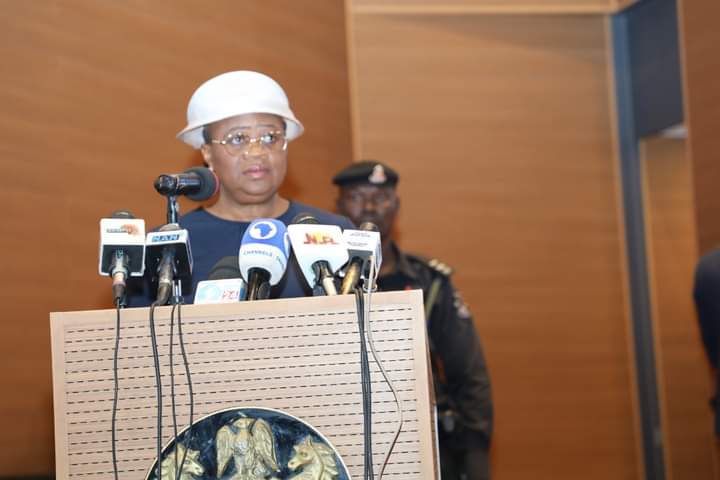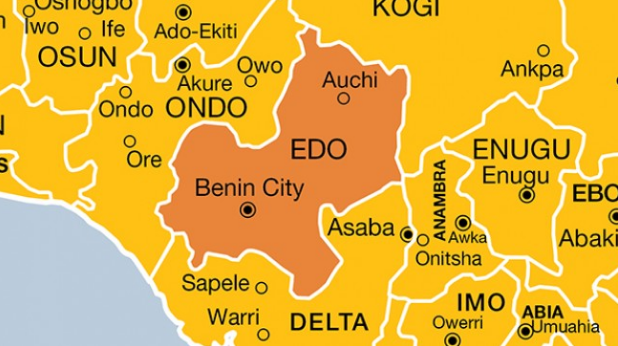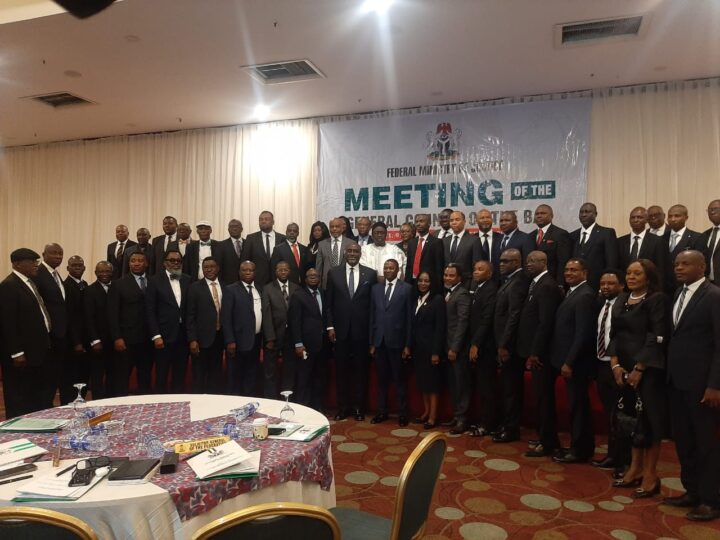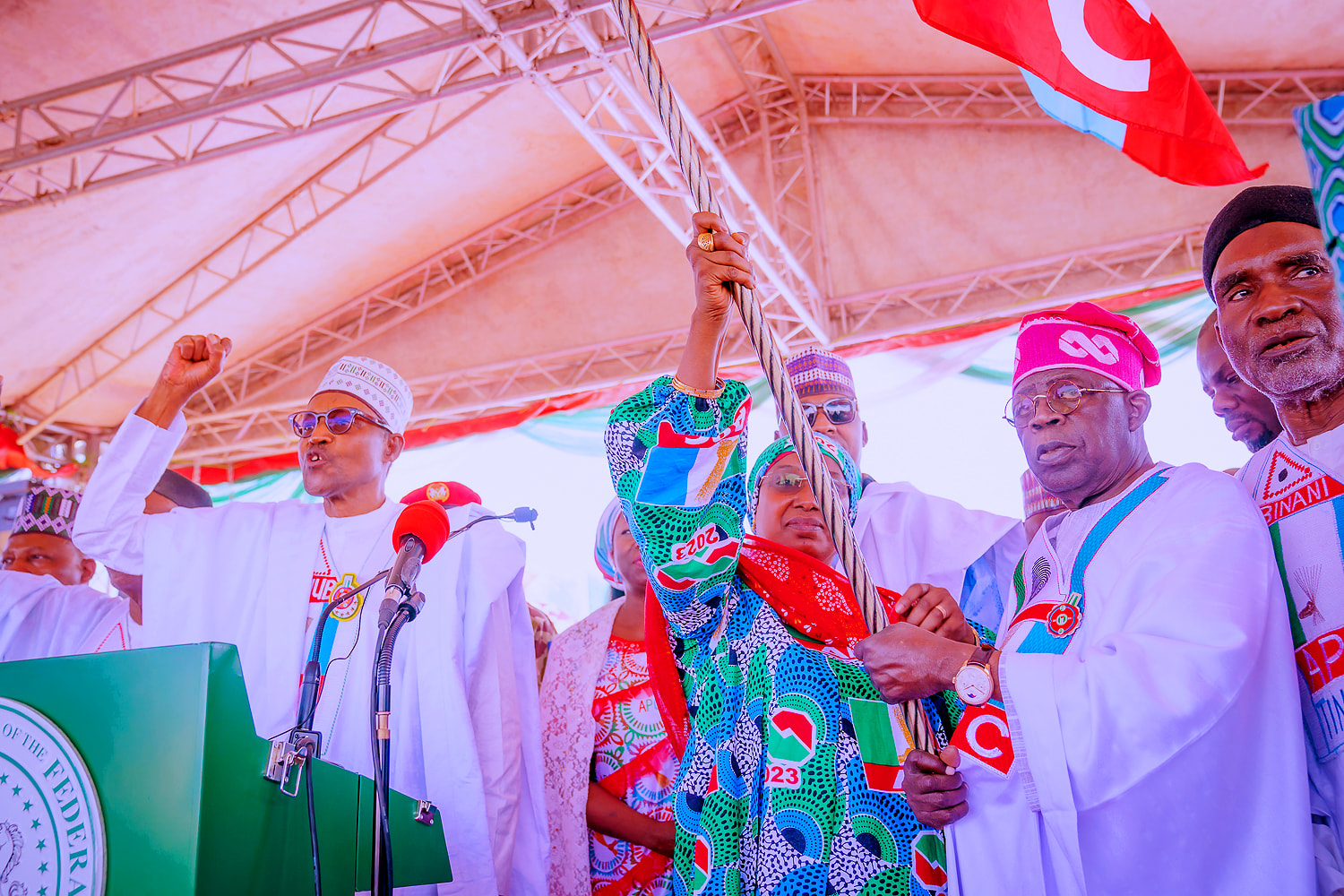Monica Dongban-Mensem, president of the court of appeal, has cautioned registrars of the 2023 election petition tribunals against corrupt acts.
Speaking on Monday at a capacity-building workshop for members of the election petition tribunals, at the National Judicial Institute (NJI) in Abuja, Dongban-Mensem urged the registrars not to see the task ahead as “an opportunity to make money to enrich yourselves”.
She added that anyone found guilty of corruption would be sacked by the Federal Judicial Service Commission (FJSC) and prosecuted.
“The court will not hesitate to deal with anyone found wanting in this regard,” she said.
Advertisement
“It is part of your obligation to discharge your duties with utmost good faith and not be carried away by little advances.
“Your integrity and that of the tribunal and its members are in the public spotlight. You must, therefore, ensure you are not used as weapons to truncate the process. Ensure to live above board so that you will not put the judiciary into disrepute.”
According to Dongban-Mensem, the purpose of the training was to draw attention to the challenges involved in adjudicating elections and to proffer solutions.
Advertisement
She explained that the election tribunals that have been appropriately provided for in the constitution were created in order to address issues arising from the election process.
“They are established for the purposes of determining disputes arising from the conduct of elections into the various elective positions,” she said.
“The training will serve as a forum for you to share experiences with one another wherein guidance will be provided and strategies devised for the strengthening of the tribunals.”
The appeal court president highlighted some of the responsibilities of the tribunal registrars to include “receipt of the petition and other court processes for filing, service of court processes timeously on parties, issuance of hearing notices, preparation of court proceedings and orders, custody and safekeeping of the tribunals’ documents, compilation of records”.
Advertisement
“It is important for you to familiarise yourselves with the provisions of the constitution of Federal Republic of Nigeria, 1999 (as amended), the Electoral Act, 2022, and the practice direction as it affects your performance at the registry,” she added.
Pursuant to section 285(2) and (3) of the 1999 constitution and section 130 of the Electoral Act, 2022, the president of the court of appeal has the power to set up election tribunals.
In November, the chief justice of Nigeria (CJN) swore in 307 judicial officers to preside over petitions which will arise from the 2023 general election.
Advertisement
Add a comment






